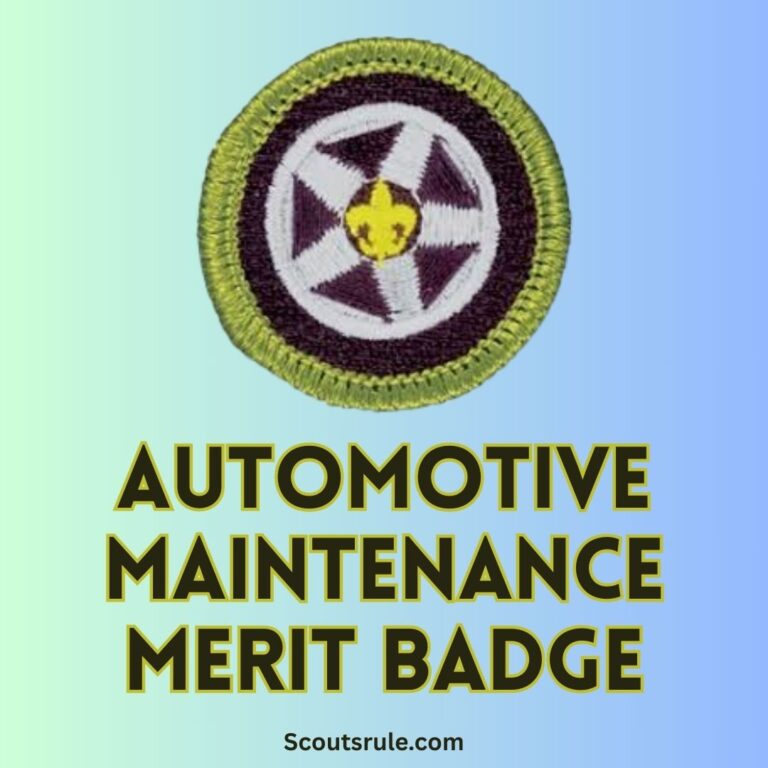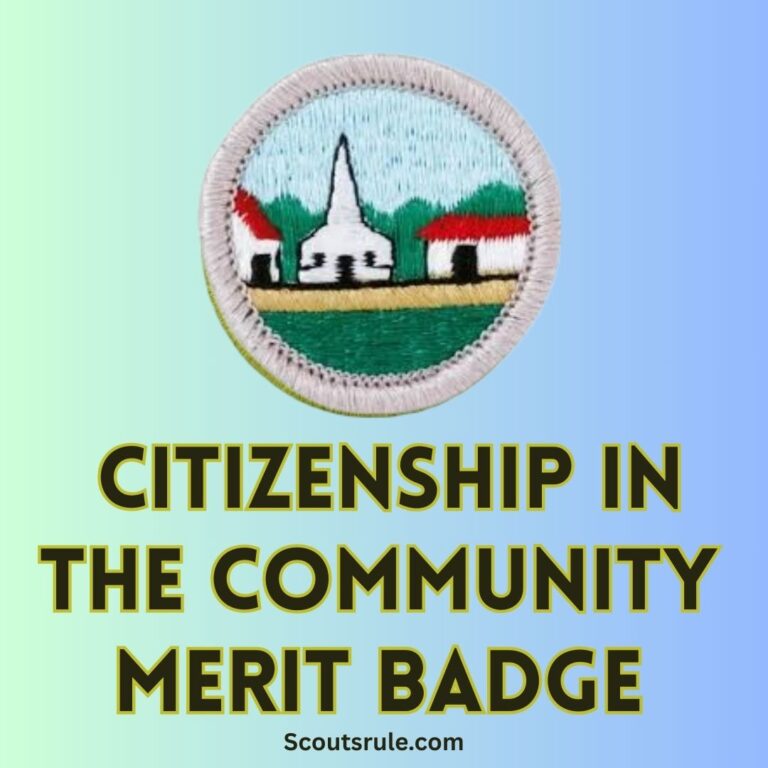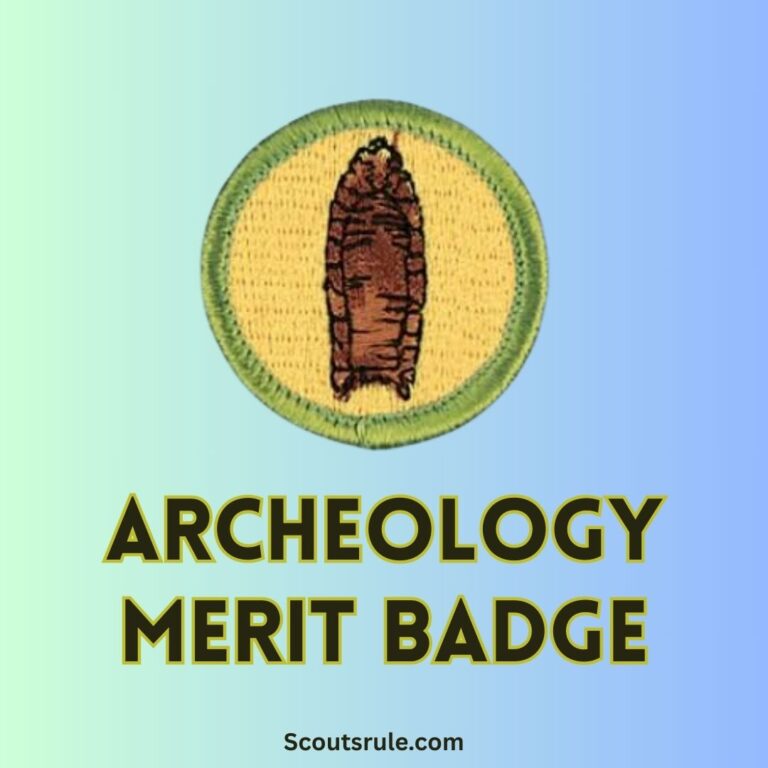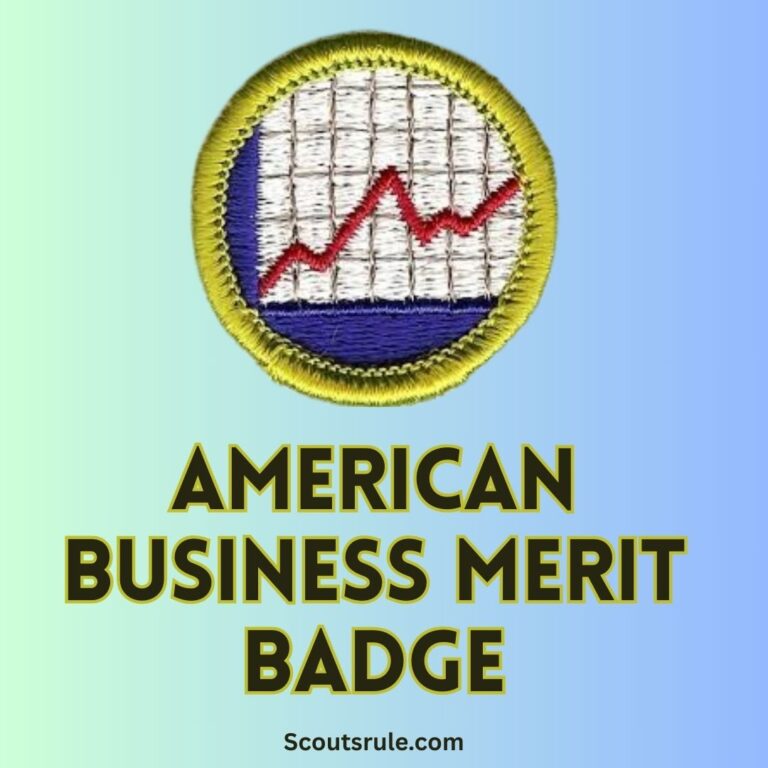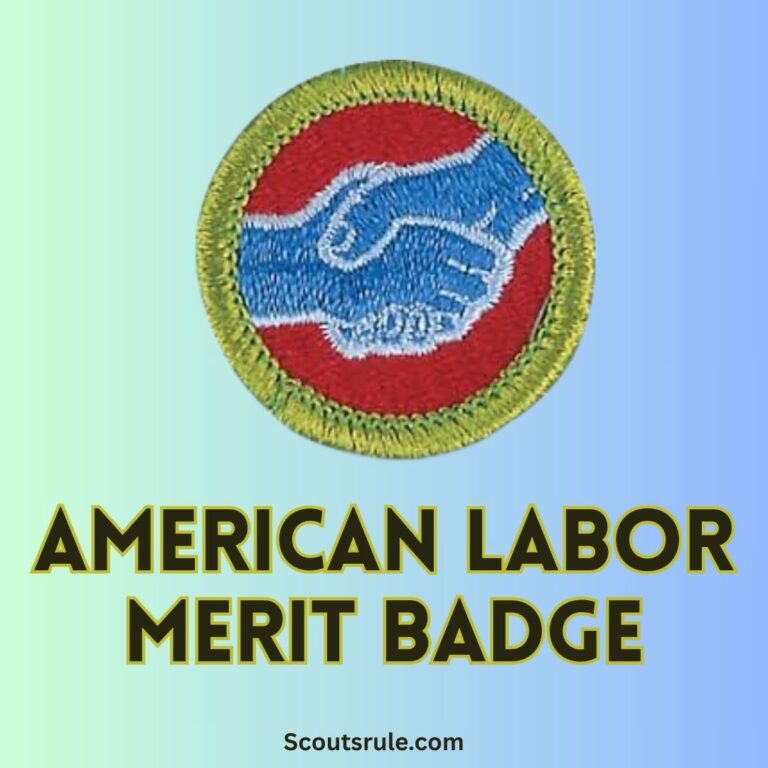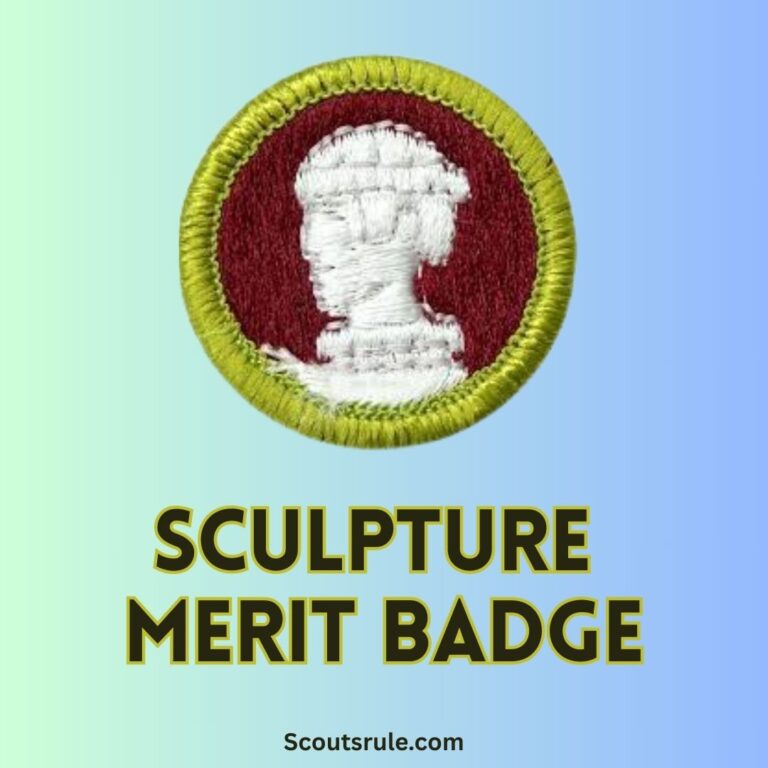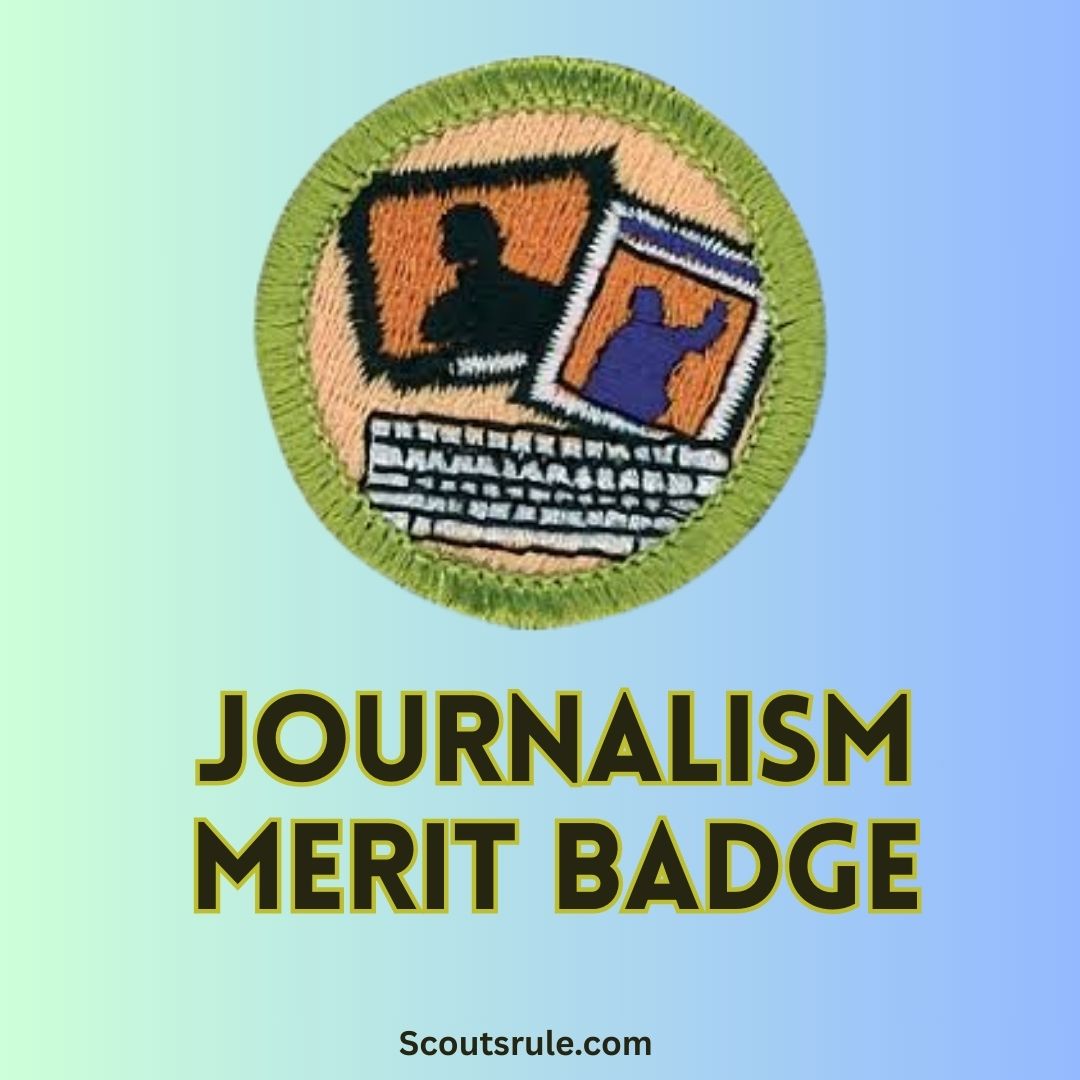
Journalism is more than just reporting on the news. It is a dynamic field that molds public opinion, informs citizens, and holds power accountable. The Journalism Merit Badge is designed to introduce Scouts to the key principles of media, journalism ethics, and various reporting techniques. It challenges you not only to understand the mechanics of news production but also to appreciate the responsibilities that come with disseminating information to the public.
Post Contents
- 2. The Role and History of Journalism
- 3. Understanding Freedom of the Press and Journalistic Ethics
- 4. Detailed Exploration of Merit Badge Requirements
- 5. Practical Tips for Research, Writing, and Reporting
- 6. Additional Activities and Resources
- Conclusion
2. The Role and History of Journalism
Journalism has played a pivotal role in the development of modern society. Originally emerging from the desire to document events and ideas, journalism became a cornerstone of democratic society. The invention of the printing press in the 15th century revolutionized the way news was shared. Over time, journalism evolved to include various mediums—from newspapers and magazines in the past to radio, television, and digital platforms today.
The evolution of journalism is marked by innovation, each new medium expanding the reach and influence of news. Today’s journalists operate in a world where information is instant, and the duty to verify facts and maintain ethical standards is more challenging—and more critical—than ever. This historical context enriches your study; understanding how journalism has developed over time provides insight into the ethical, creative, and technical aspects of the field.
3. Understanding Freedom of the Press and Journalistic Ethics
A central component of the Journalism Merit Badge is understanding the legal and ethical dimensions of the profession.
Freedom of the Press and the First Amendment
At its core, freedom of the press guarantees that information can be shared without government censorship. The First Amendment of the United States Constitution protects this freedom, ensuring that individuals have the right to voice opinions and share news. In practice, this means that media organizations—and individual journalists—can report on events without undue governmental restraint. This protection is vital for holding the powerful accountable, fostering a vibrant public discourse, and encouraging transparency in society.
Defining Key Terms
An essential requirement is to distinguish between fact and opinion as well as to define critical concepts such as:
- Fact vs. Opinion:
- Fact: A statement that can be verified through evidence or observation.
- Opinion: A personal view, belief, or judgment that may not be objectively validated.
- Libel, Slander, and Defamation:
- Libel: Written false statements that damage a person’s reputation.
- Slander: Spoken false statements that harm one’s reputation.
- Defamation: A broad term encompassing both libel and slander, referring to wrongful harm to a reputation.
- Fair Comment and Criticism:
- This is the defense provided for candid opinions about public figures or events, provided they are offered in good faith.
- Public Figure, Privacy, and Malice:
- Public Figure: A person with pervasive fame who is subject to higher scrutiny and does not have the same privacy rights as private citizens when it comes to news reporting.
- Privacy: The right of an individual to keep their personal life out of public scrutiny.
- Malice: In journalism, this refers to publishing information knowing it is false or with reckless disregard for the truth.
Ethical Considerations in Journalism
Ethics in journalism revolve around balancing the public’s right to information with responsibilities toward individuals whose lives are reported on. Upholding standards means verifying facts, giving all relevant sides a fair opportunity to respond, and being aware of the potential for harm. Your discussions for this merit badge should address how ethical reporting can foster both accountability and trust.
4. Detailed Exploration of Merit Badge Requirements
The Journalism Merit Badge requirements are crafted to build your skills as an investigative and ethical communicator. Below is an in-depth look at each major requirement.
4.1 Requirement 1 – Explaining Freedom of the Press and Key Terms
For requirement 1, you are asked to explain what freedom of the press is and how the First Amendment protects your right to voice opinions. Your explanation should include:
- An Overview of Freedom of the Press:
Discuss how freedom of the press benefits society by ensuring that diverse perspectives can be shared, how it safeguards democracy by holding power to account, and its role in facilitating informed public debate. - Differentiating Fact from Opinion:
Explain why journalism must separate factual reporting from personal opinion. Provide examples of how presenting opinions as facts might misinform readers. - Defining Legal and Ethical Terms:
Define libel, slander, defamation, fair comment and criticism, public figure, privacy, and malice. You can illustrate these definitions with examples from past legal cases or media controversies. - Ethical Context:
Finally, tie these definitions into your discussion on ethics in journalism. Consider questions such as: How do these concepts protect both the rights of journalists and the reputation of public figures? In what circumstances might a journalist be liable if these principles are misapplied?
4.2 Requirement 2 – Exploring Different Types of Journalism
You are given two general paths—print (including newspaper, magazine, and online) or broadcast journalism (radio and television). You must select one option.
Option A: Newspaper, Magazine, and Online Journalism
- Comparative Analysis:
On the same day, read a local newspaper, a national newspaper, a news magazine, and (with parental permission) an online news source to cover the same event. In your analysis: - Clip or note the story from each source.
- Compare the length of the articles or stories.
- Evaluate how fair and accurate each story is, and how they differ in terms of focus, detail, and perspective.
- Discussion Points:
Explain with your counselor why certain sources might present a different point of view. Consider factors such as intended audience, purpose of the publication, and the editorial bias that might influence the story’s presentation.
Option B: Radio and Television Journalism
- Comparative Analysis:
On the same day, watch a local and national network newscast, listen to a radio newscast, and (with parental permission) view an online broadcast news source. You should: - List out the different news items and features presented by each medium.
- Record how much time and space is devoted to each segment.
- Compare whether the stories are fair, accurate, and balanced in their presentation.
- Discussion Points:
Discuss why different news outlets may treat the same story differently, and how the medium influences the delivery and content of the news.
Your counselor will assess your ability to compare and contrast various media sources is critical for understanding the diversity and reliability of journalism today.
4.3 Requirement 3 – Covering a Public Event
Although specifics might vary by local council requirements, many Journalism Merit Badge programs require you to cover a public event. This could involve:
- Attending an Event:
Choose a public event such as a community meeting, a sports event, a rally, or any gathering where information is reported live. Document your observations either by taking notes, recording audio (with permission), or using a camera. - Gathering Information:
Plan to ask relevant questions of event organizers, participants, or even members of the audience. Focus on obtaining a balanced understanding. - Producing a Report:
Write a report on the event, ensuring that you present both objective facts and any important opinions or reactions. Your report should be clear, factual, and reflect the diversity of viewpoints present. - Discussion with Your Counselor:
When you present your report, explain the process you went through in gathering information, the challenges you faced, and how you ensured accuracy and fairness in your reporting.
This requirement encourages you to experience journalistic reporting firsthand and apply investigative techniques under real-world conditions.
4.4 Requirement 4 – Exploring Careers in Journalism
Career exploration is a vital component of the Journalism Merit Badge, as it exposes you to the broad spectrum of opportunities within the field. To meet this requirement, you should:
- Research Journalism Careers:
Investigate various careers such as reporter, editor, photojournalist, broadcast journalist, or public relations specialist. Explore the educational requirements, necessary skills, and typical job responsibilities of each. - Interview a Professional:
If possible, arrange an interview with a journalist or media professional. Ask questions regarding their career path, the challenges they face, and what advice they have for a young aspiring journalist. - Write a Career Report:
Compile your research into a report that explains why you might or might not be interested in pursuing journalism as a profession. Identify several factors—such as personal interests, the importance of public service, or creative challenges—that shape your opinion. - Reflect on the Role of Journalism:
Discuss the role journalism plays in society today and how emerging digital media is transforming the field. Include your own insights on the future direction of journalism and its impact on democracy.
Your exploration of journalism careers not only fulfills the merit badge requirement but can also help guide your future educational and career decisions.
5. Practical Tips for Research, Writing, and Reporting
In addition to fulfilling the badge requirements, here are some practical tips to ensure your success in journalism as both a field of study and a profession:
- Develop a Critical Eye:
Always question sources and verify information. Look for multiple perspectives on the same story and practice checking facts before you write. - Practice Clear Writing:
Journalistic writing demands clarity and conciseness. Avoid overly complex language and remember that your goal is to inform accurately and unbiasedly. - Improve Your Interview Skills:
Prepare questions in advance and practice active listening. Record your interviews (with permission) so you can accurately capture the details of what is said. - Keep a Media Journal:
As you review different news outlets, keep a record of the stories you observe. This journal can help you identify trends, differences in presentation, and any biases in reporting. - Engage with Technology:
Familiarize yourself with digital tools for writing, editing, and multimedia production. In today’s media landscape, online journalism and social media are as significant as traditional print and broadcast news.
6. Additional Activities and Resources
Supplement your learning with activities that reinforce the journalism experience:
- Classroom and Online Research:
Use books, academic articles, and reputable online sources to deepen your understanding of journalism history, ethics, and practices. - Visit a Local Newsroom:
If possible, arrange a tour of a local newspaper or television station. Observing how a news team operates can provide invaluable context. - Write Regularly:
Maintain a blog or contribute to your school newspaper. Real-world writing practice will build your confidence and help you refine your style. - Peer Review and Discussions:
Share your articles or reports with mentors, teachers, or peers to receive constructive feedback. These discussions can enhance your critical thinking and collaborative skills.
Useful online resources include websites like Scoutles.com and ScouterMom.com, which offer detailed guides and answer resources specific to Journalism Merit Badge requirements. Be sure to check the official Boy Scouts of America Journalism Merit Badge page for the latest guidelines.
Conclusion
Earning the Journalism Merit Badge is much more than a requirement—it is an opportunity to immerse yourself in a field that has a profound impact on society. As you learn to distinguish between fact and opinion, understand the legal and ethical boundaries of reporting, and explore various media outlets, you build a foundation of skills that are applicable in almost every aspect of life. You enhance your ability to communicate clearly, ask critical questions, and engage with your community in meaningful ways.
Moreover, the insights you gain through covering public events and researching journalism careers can shape your aspirations. Whether journalism becomes your profession or simply a valuable set of skills in other endeavors, the discipline, dedication, and ethical grounding it requires will serve you well throughout your educational and professional life.
By embracing every requirement—from thorough research and hands-on reporting to thoughtful interviews and creative expression—you are not only earning a merit badge; you are becoming a responsible communicator, a vigilant seeker of truth, and an active participant in the shaping of public opinion. This journey will develop your critical thinking, strengthen your writing, and, most importantly, empower you to contribute positively to society through the power of accurate and ethical journalism.
Keep striving for clarity, fairness, and integrity in every story you craft. Let this merit badge be the beginning of a lifelong passion for informed discourse, creative expression, and public service through journalism.
Happy reporting, and may your journey into the world of journalism open up new horizons of knowledge and opportunity for you!

Hi, Robin here, A former lead Scout and here I share my inspiring stories about USA Scouts, leadership, adventure, how to guides and more.

